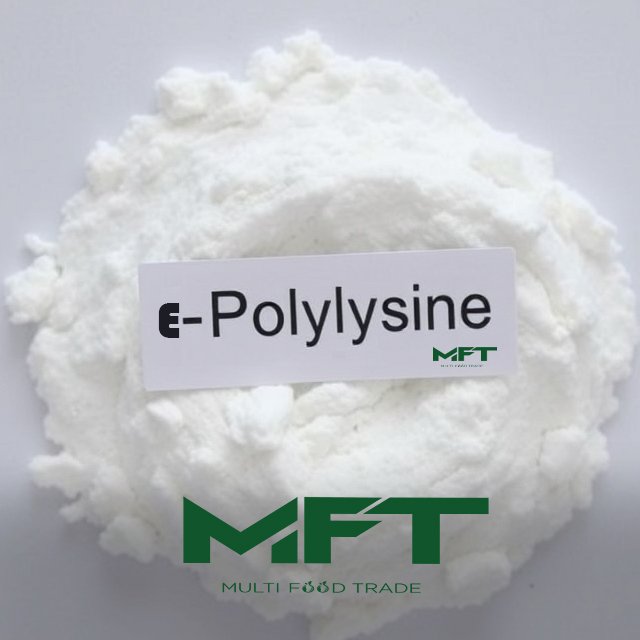• Regulatory Approval: Aspartame is approved for use in food and beverages by regulatory authorities worldwide, including the FDA, European Food Safety Authority (EFSA), and World Health Organization (WHO). It has been extensively reviewed for safety and is considered safe for the general population when consumed within acceptable daily intake levels.
• Acceptable Daily Intake (ADI): The FDA has set the ADI for aspartame at 50 milligrams per kilogram of body weight. This is the amount considered safe to consume daily over a lifetime without adverse health effects.
• Phenylketonuria (PKU):
o People with the inherited disorder PKU must avoid aspartame because their bodies cannot metabolize phenylalanine. Accumulation of phenylalanine in the blood can lead to brain damage and other severe health issues. Aspartame is required to be labeled with a warning for people with PKU.
• General Population Safety:
o For the general population, aspartame has been deemed safe. Extensive studies, including toxicological studies, long-term consumption studies, and epidemiological research, have not found any convincing evidence linking aspartame to cancer, neurological issues, or other significant health problems when consumed within the recommended limits.
• Common Concerns:
o Cancer Risk: Some early studies suggested a potential link between aspartame and cancer, but subsequent reviews by organizations like the FDA, EFSA, and the National Cancer Institute have concluded that aspartame does not pose a cancer risk.
o Neurological Effects: Some individuals have reported headaches or migraines after consuming aspartame, though these effects are rare, and the scientific evidence linking aspartame to these conditions is inconclusive.
o Metabolic Effects: Aspartame has not been found to affect blood glucose levels or insulin response, making it a popular choice for people with diabetes and those seeking to reduce sugar intake.

 .jpg)








.jpg)

